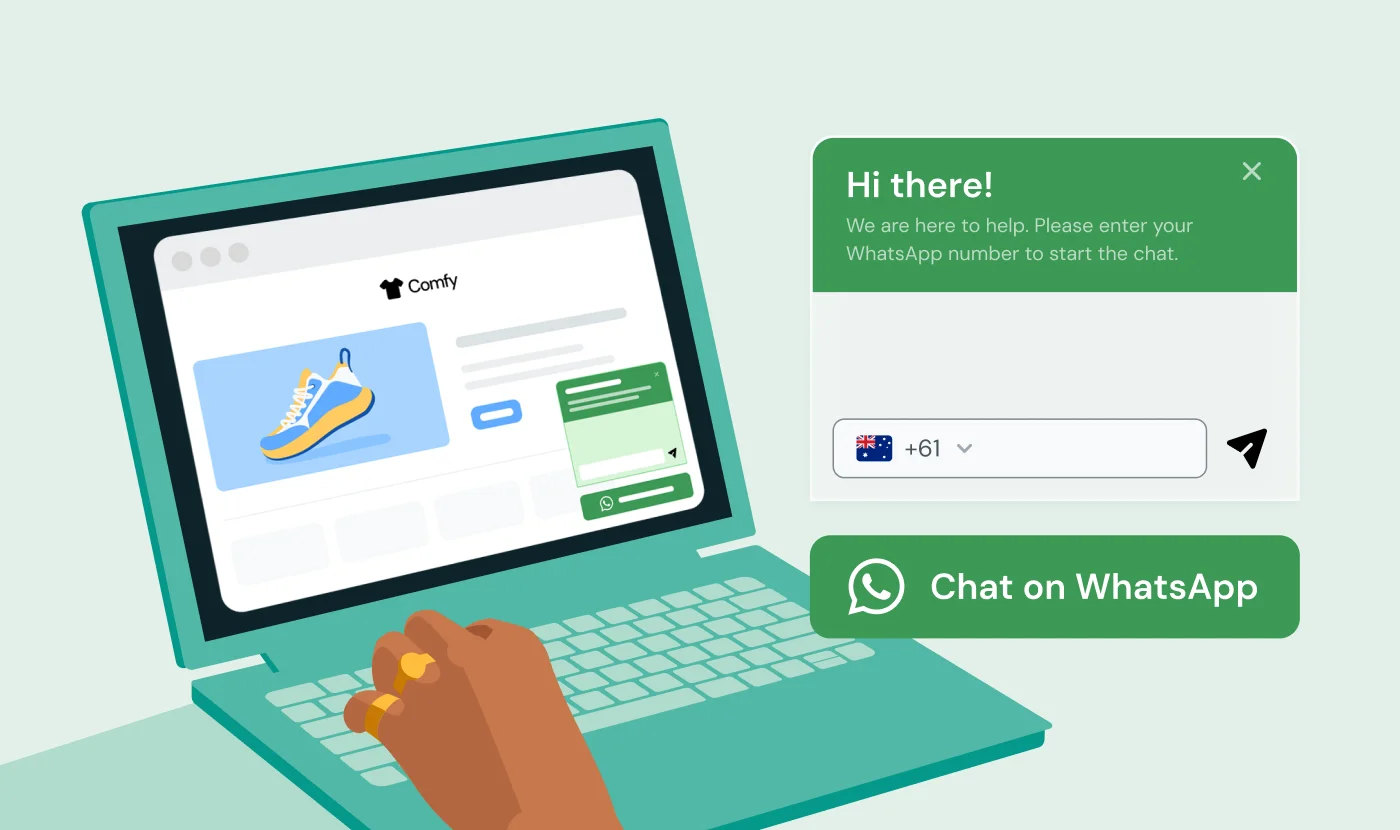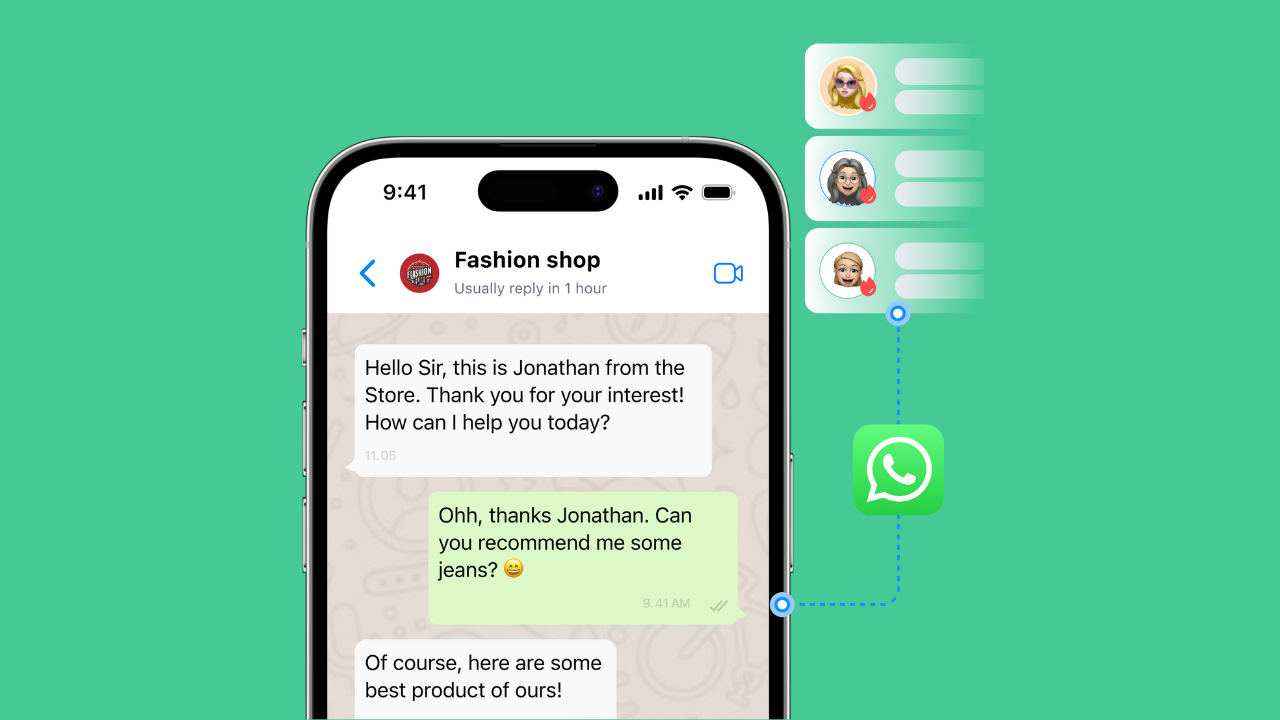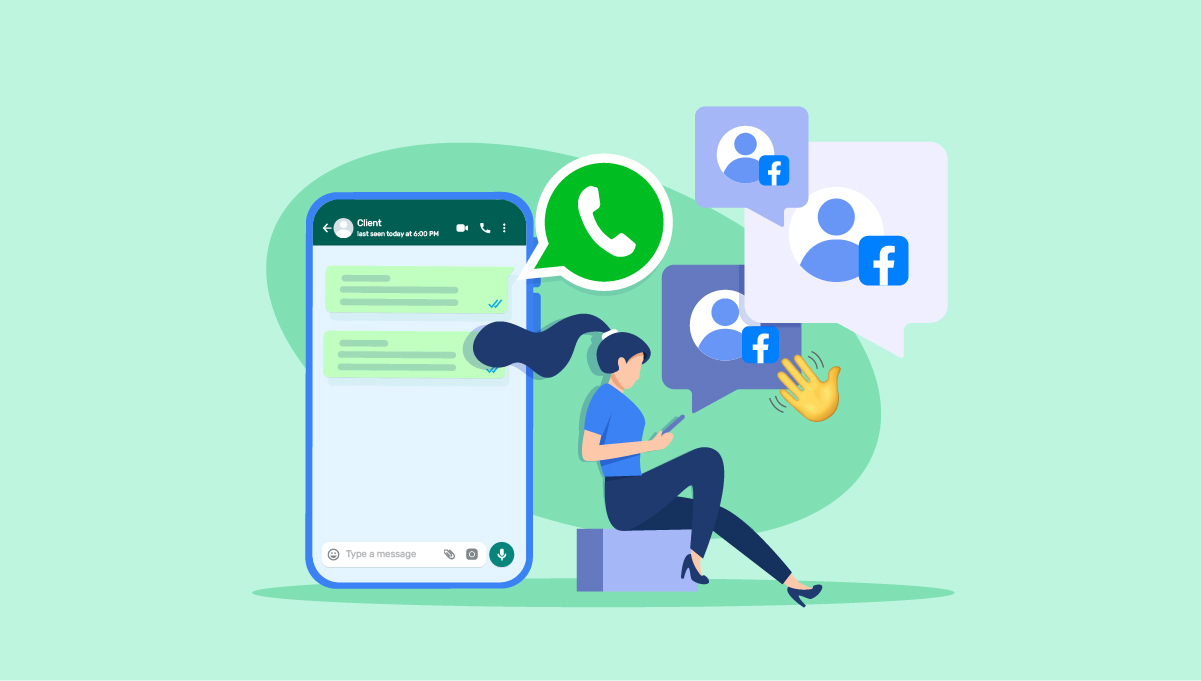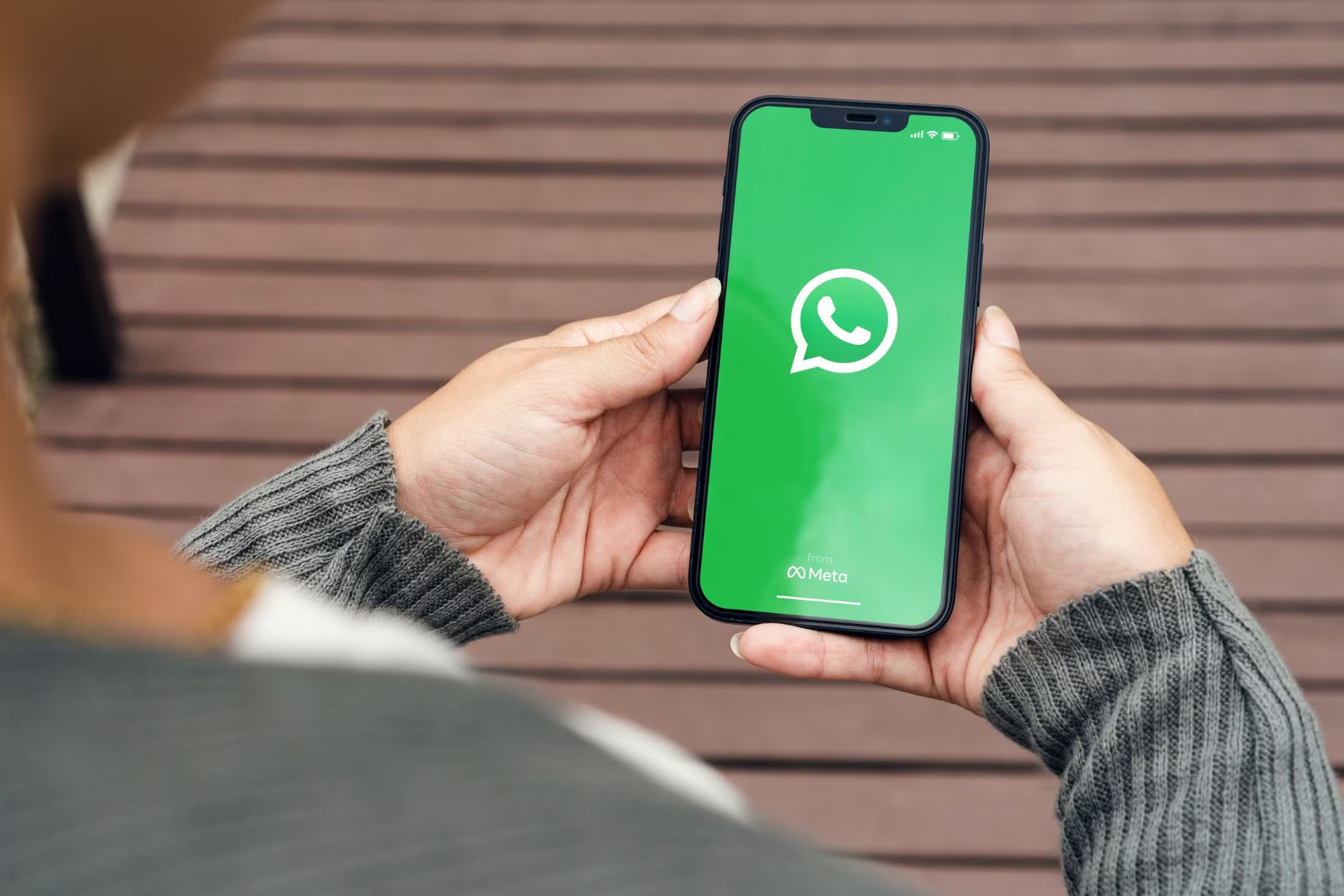
WhatsApp Scheduler: Automate Messages & Boost Engagement
A WhatsApp scheduler is a powerful tool that helps you plan and send messages automatically. It lets you connect with your audience at the right time without being tied to your phone.
Introduction
This tool transforms how you communicate with customers and manage your time. Let's explore what a WhatsApp scheduler is and why it has become essential for modern businesses.
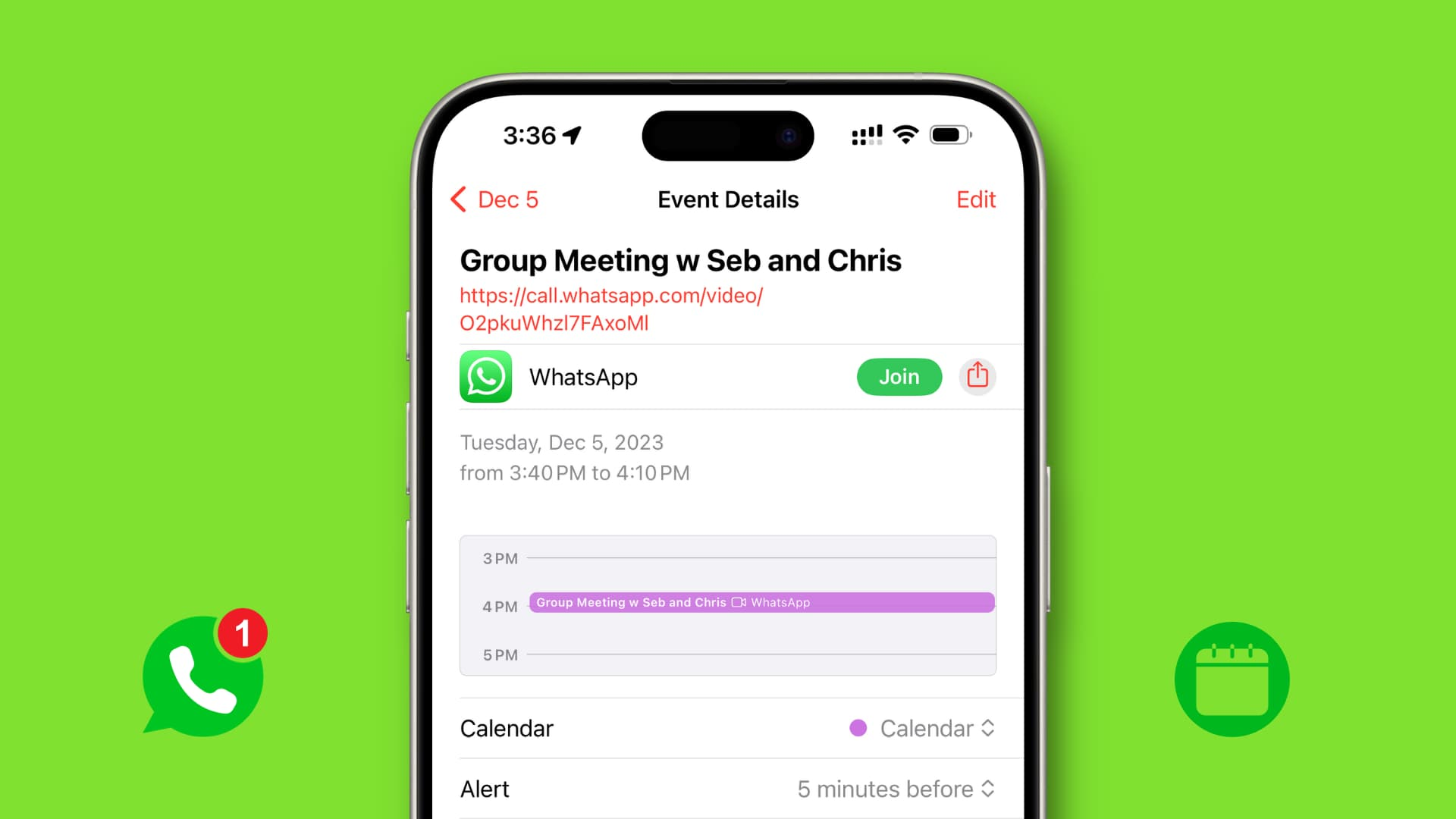
What is a WhatsApp scheduler?
A third-party tool or feature, provided by messaging automation platforms such as Botcake, ManyChat, or Chatfuel, that enables businesses to schedule and automatically send WhatsApp messages at a predetermined date and time. Since WhatsApp itself does not offer native scheduling, these external solutions help companies streamline reminders, promotions, and follow-ups without manual intervention.
You write the message, pick the recipient, and choose when to send it. The program works out the rest, ensuring your message arrives at the desired time.
Why businesses and professionals need message scheduling
Timing is of the essence in the current world. Businesses need to call customers when they are most active and receptive. Experts need to handle reminders and follow-ups without clogging their routine schedule.
Message scheduling solves this problem by putting communication on autopilot. You can ensure consistent contact with clients, send timely reminders, and manage global conversations across different time zones, all while you focus on other important tasks.
Benefits of Using a WhatsApp Scheduler
Adopting a scheduler brings several immediate advantages to your communication strategy. These benefits help you work smarter, not harder.
Send messages at the perfect time for higher engagement
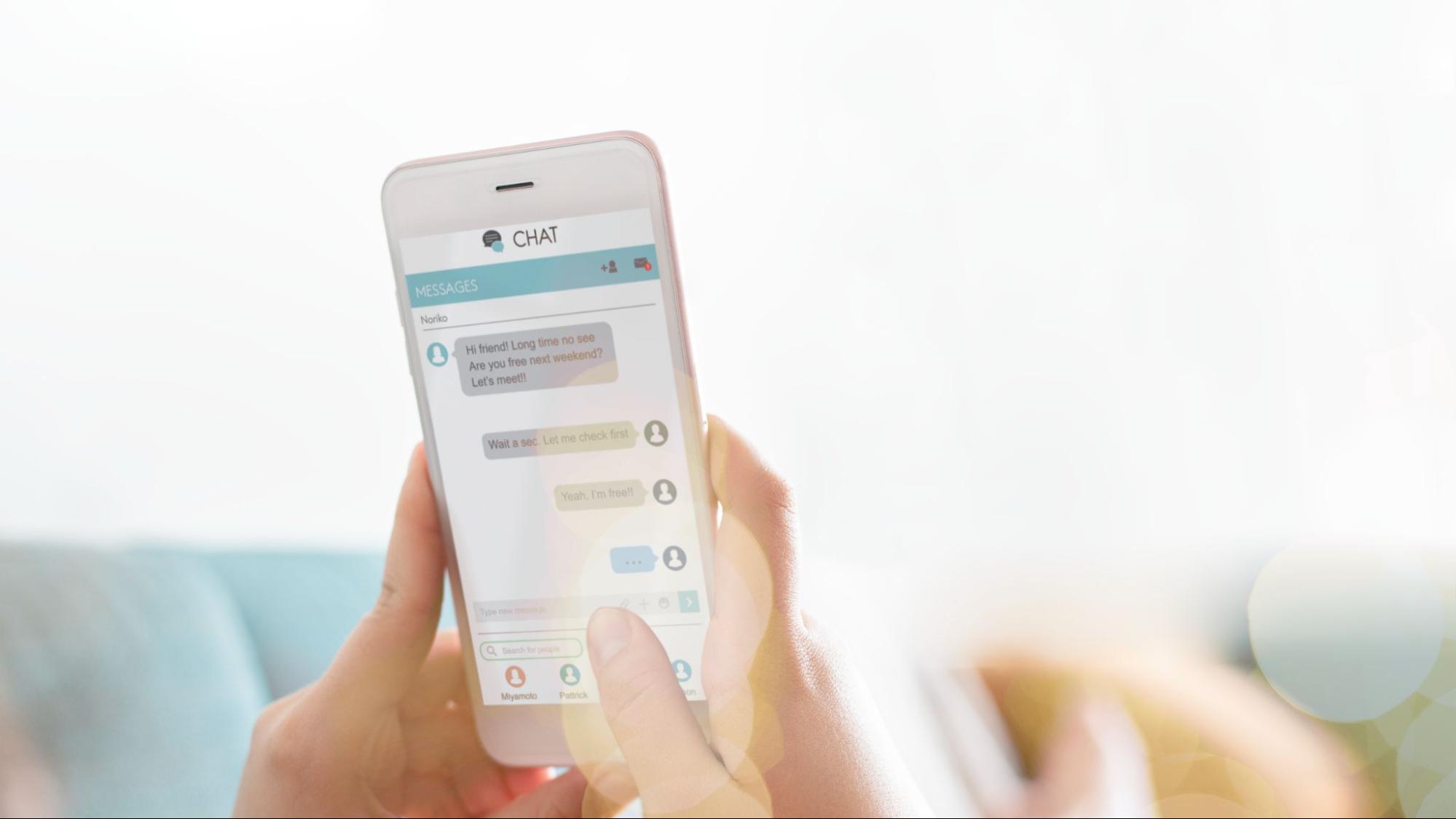
You can schedule messages for times when your customers are most likely to read and respond. This could be during their lunch break or in the evening. Timely messages lead to better open rates and more meaningful interactions.
Automate repetitive messages (reminders, updates, greetings)
Many business communications are repetitive. You can automate appointment reminders, follow-up messages, and birthday greetings. This automation frees up your time and ensures you never forget to send an important note.
Improve team productivity and consistency
Your team can plan a week's worth of communications in a single session. This method ensures a consistent brand voice and messaging strategy while reducing the daily pressure to send manual updates. Beyond that, automated messages containing customer appointment details can also be synced directly to your CRM, an advanced feature offered by third-party scheduling tools on WhatsApp, including Botcake.
Enable time-zone-friendly global communication
If you have an international audience, a scheduler is a necessity. You can send messages that arrive at a convenient local time for each recipient. This shows respect for their time and increases the chances of engagement.
Types of WhatsApp Schedulers
Different types of schedulers exist to fit various needs and technical skills. Your choice will depend on your scale of operations and desired features.
Manual scheduling via mobile apps (Android automation, iOS limitations)
Several mobile apps, primarily for Android, use accessibility services to automate sending scheduled messages. They require your phone to be on and unlocked at the scheduled time. iOS has stricter limitations, making this method less common on Apple devices.
Web-based scheduling tools for WhatsApp Web
These tools connect to your WhatsApp Web session. They allow you to schedule messages from your computer. You often need to keep the WhatsApp Web tab open in your browser for the scheduler to function correctly.
Business API-based automation for advanced use cases
For larger businesses, the official WhatsApp Business API offers the most robust solution. These tools are reliable, scalable, and do not require your phone to be online. They provide advanced features for marketing and customer service automation.
How WhatsApp Scheduling Works
The technology behind scheduling varies from simple automation scripts to complex API integrations. Each method offers a different level of reliability and functionality.
Using third-party apps (SKEDit, Wasavi, AutoResponder)
Apps like SKEDit and Wasavi operate by automating the user interface on your phone. You grant them permission to open WhatsApp, paste the message, and press send at the scheduled time. They are simple to set up but can sometimes be unreliable if your phone's settings interfere.
WhatsApp Business API with official tools (Twilio, WATI, Interakt, Pancake.biz)
Official WhatsApp Business Solution Providers (BSPs) give you access to the API. Platforms like Twilio, WATI, or Pancake.biz offer powerful dashboards to manage and schedule messages. This is the most official and scalable method, ideal for businesses that send a high volume of messages.
Automation via CRM or marketing platforms (Zoho, HubSpot)
Many CRM platforms like Zoho and HubSpot now offer WhatsApp integration. You can schedule messages as part of a larger marketing or sales workflow. For example, a message can be automatically scheduled after a customer fills out a form on your website.
No-code/low-code solutions using Zapier, Make (Integromat)
Platforms like Zapier and Make let you connect WhatsApp with thousands of other apps without writing any code. You can create custom "zaps" or "scenarios" to schedule messages based on triggers from other software. For instance, you could schedule a welcome message whenever a new customer is added to a Google Sheet.
In addition, there’s also a platform that integrates directly with the official WhatsApp Business API and syncs data seamlessly to CRM or other messaging platforms for better data management - Botcake.
Key Use Cases for WhatsApp Scheduling
Scheduling messages unlocks many practical applications that improve efficiency and customer relationships. Platforms like Botcake offer powerful automation features that enhance these use cases.
Appointment & meeting reminders
No-shows often hurt efficiency. Botcake has helped clinics like Gangwhoo Hospital reduce missed appointments by setting up automated reminders 24 hours and 1 hour before the scheduled time. This simple automation both improves attendance rates and reinforces professionalism.
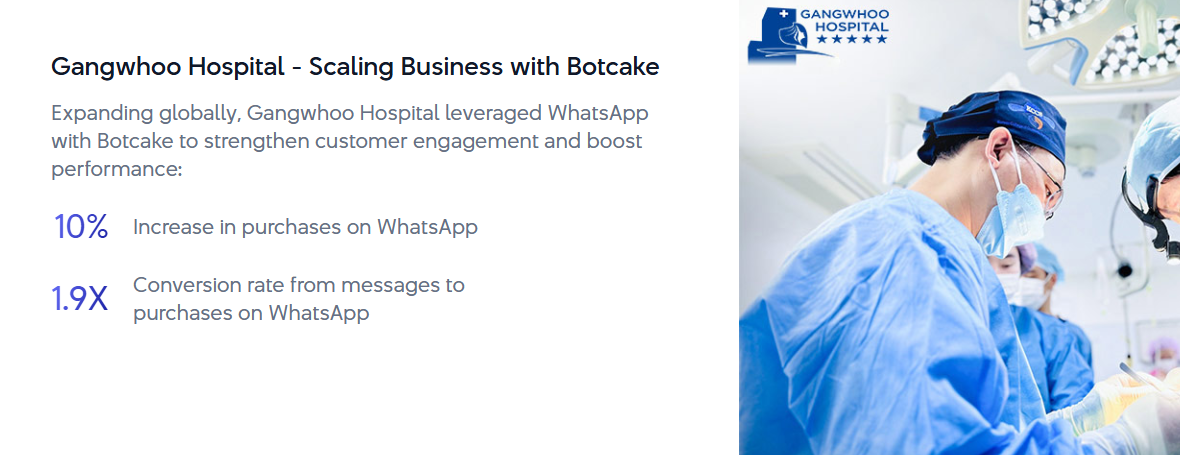
Payment follow-ups & due date notifications
Automated payment reminders help businesses maintain healthy cash flow. Beyond the general use case, Botcake has been applied in industries such as beauty and healthcare to automate service confirmations, invoice reminders, and follow-ups. These campaigns achieved click-through rates of up to 35% and coupon redemption rates of 70%, which is three times higher engagement compared to traditional email campaigns.
Festival & holiday greetings
Connect with your customers on a personal level by scheduling greetings for holidays and festivals. Botcake allows you to prepare these messages in advance and schedule them for your entire contact list. You can even use personalization to include each customer's name.
Drip marketing sequences and onboarding messages
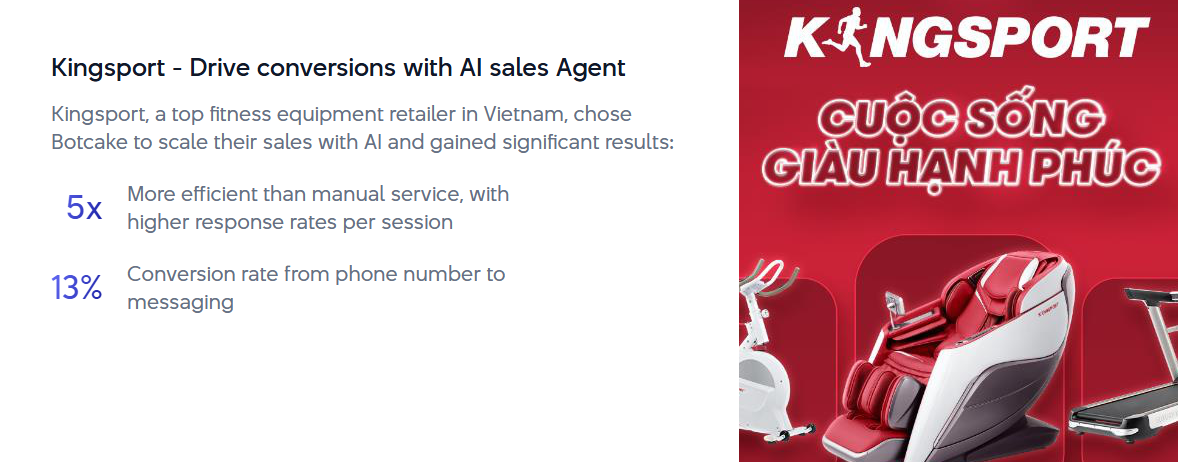
Kingsport, a leading fitness equipment brand, implemented automated onboarding sequences through Botcake. This approach achieved five times the efficiency compared to manual handling and delivered a 13% conversion rate from phone numbers to active messaging conversations.
Setting Up a WhatsApp Scheduler
Getting started with a scheduler involves a few straightforward steps. The process ensures your automated messaging is both effective and compliant.
Prerequisites (WhatsApp Business app or API access)
First, you need the right WhatsApp account. For basic scheduling, the free WhatsApp Business app is sufficient. For advanced, scalable automation, you will need access to the WhatsApp Business API through an official provider.
Choosing the right scheduler tool based on use case
Select a tool that matches your needs. If you only need to send a few reminders, a simple mobile app might work. If you need to manage marketing campaigns and integrate with a CRM, a comprehensive platform built on the API is the better choice.
Creating message templates (with personalization)
When using the WhatsApp Business API, you must use pre-approved message templates for business-initiated conversations. Create versatile templates with placeholders for names, dates, or order numbers. Personalization makes your automated messages feel more human.
Testing scheduled messages and monitoring delivery
Before you schedule a large campaign, always send a test message to yourself or a team member. This helps you check for errors in formatting or timing. After sending, monitor delivery reports to ensure your messages are reaching their recipients successfully.
WhatsApp Scheduler for Teams & Businesses
A scheduler becomes even more valuable when used in a team environment. It centralizes and organizes your company's outbound communication strategy.
Centralized message planning and execution
Your entire team can see the communication schedule in one place. This transparency prevents sending duplicate or conflicting messages to the same customer. It allows for better coordination and a unified brand voice.
Role-based access and approval workflows
Advanced platforms allow you to set different permission levels for team members. A junior marketer might draft messages, while a manager must approve them before they are scheduled. This workflow maintains quality control over all outbound communication.
Integrating scheduling with CRM and calendar tools
Connect your scheduler with your existing tools for maximum efficiency. An integration with your CRM allows you to schedule messages based on customer data and sales stages. A calendar integration can automatically create appointment reminders from new events.
Using analytics to optimize scheduling strategy
The best schedulers provide data on message delivery, open rates, and replies. You can analyze this data to understand what works best. Use these insights to refine your send times and message content for better results in the future.
WhatsApp Scheduler Compliance & Limitations
While automation is powerful, you must use it responsibly. Adherence to WhatsApp's rules is crucial to protect your account and maintain customer trust.
WhatsApp Business policy on automation
WhatsApp has strict policies against spam. Your messages must be expected, relevant, and timely. You should primarily use automation for transactional notifications and customer service responses, not for unsolicited promotional content.
Managing opt-ins and opt-outs effectively
You must obtain an explicit user opt-in before sending business-initiated messages. WhatsApp also requires that users have a clear way to opt out, but unlike SMS, there is no globally standardized keyword. Some BSPs may enforce keywords such as STOP or UNSUBSCRIBE, while others allow businesses to set up custom opt-out flows. In all cases, respecting user consent and providing a simple way to withdraw it is non-negotiable.
Avoiding account bans or delivery issues
Violating WhatsApp's policies can lead to your account being temporarily or permanently banned. To avoid this, always send high-quality, personalized content. Monitor your quality rating in your WhatsApp Business API dashboard and avoid sending messages that get reported or blocked by users.
Conclusion
A WhatsApp scheduler makes it easy to send messages and save time, thus boosting engagement. It allows you to pre-compose messages, reducing time for international customers. It becomes efficient in streamlining productivity and automating repeated messages, while still requiring adherence to WhatsApp policies to avoid bans. What’s more, a scheduler is easy to set up through third-party platforms — many even offer free tools, such as Botcake.io, making it simple for businesses to get started.
Related blogs
How to Embed WhatsApp Chat in Website: A Complete Guide
WhatsApp Chatbot for Ecommerce: Boost Sales & Support
WhatsApp Lead Generation: How to Turn Conversations into Conversions
Discover how your business can connect with customers 24/7 with Botcake
- Automate your customer messaging flow
- React thousands with bulk marketing message campaigns
- Blend AI power seamlessly with your customer service
